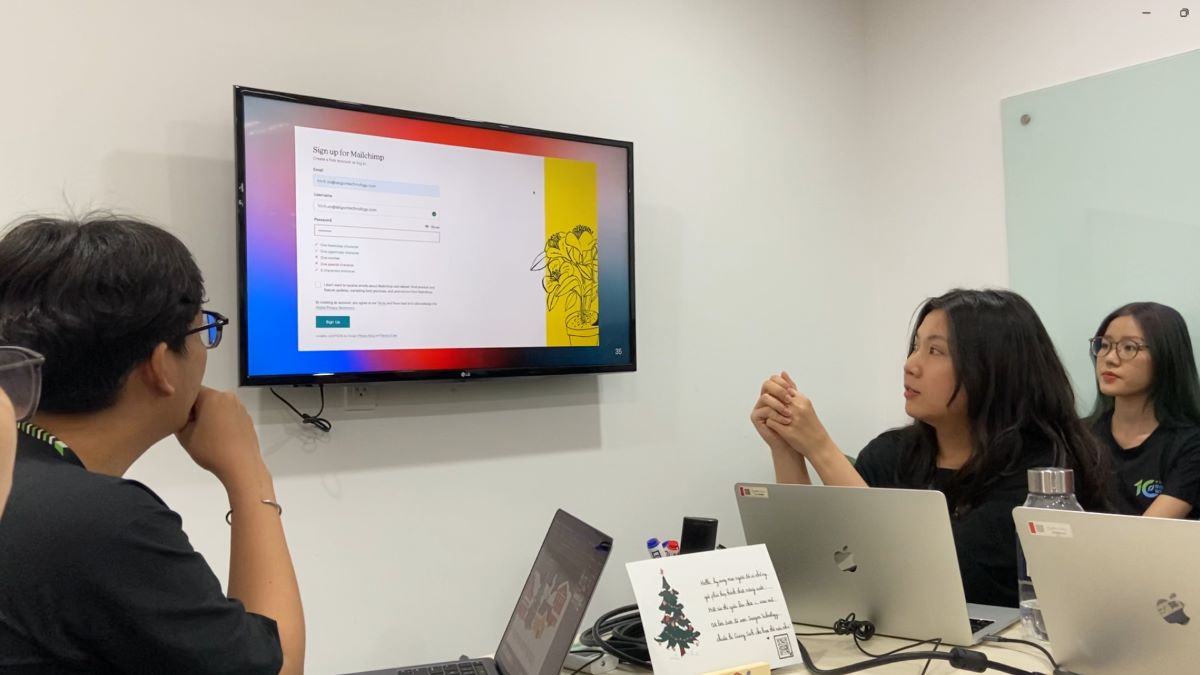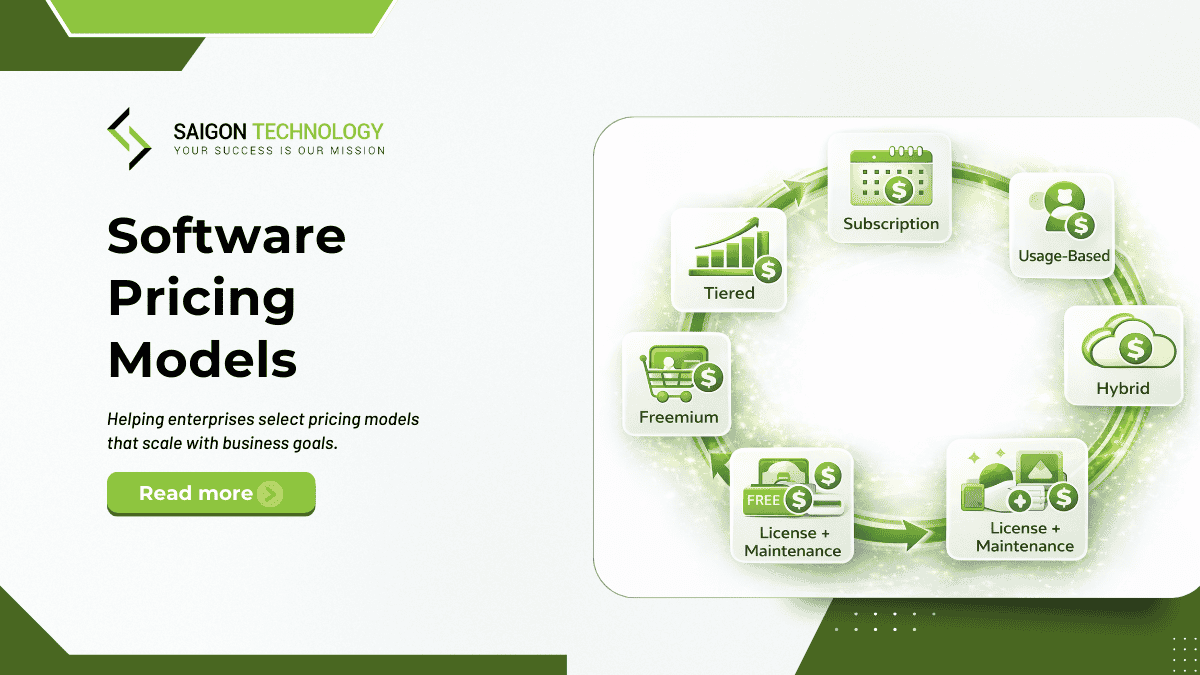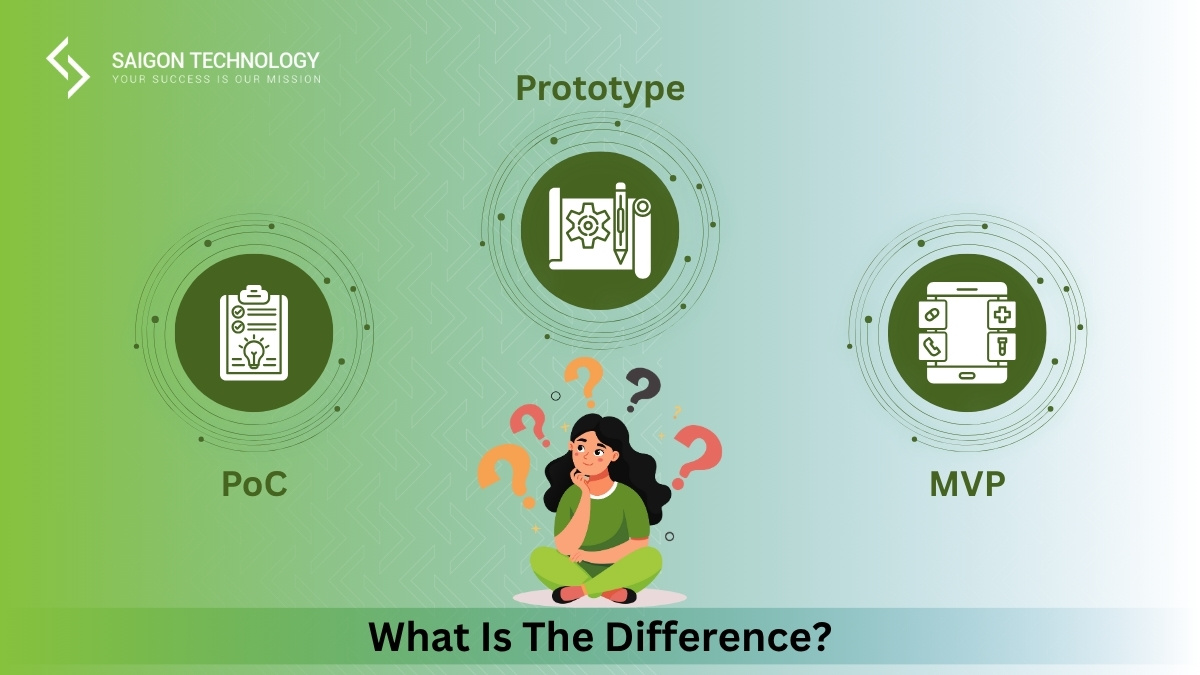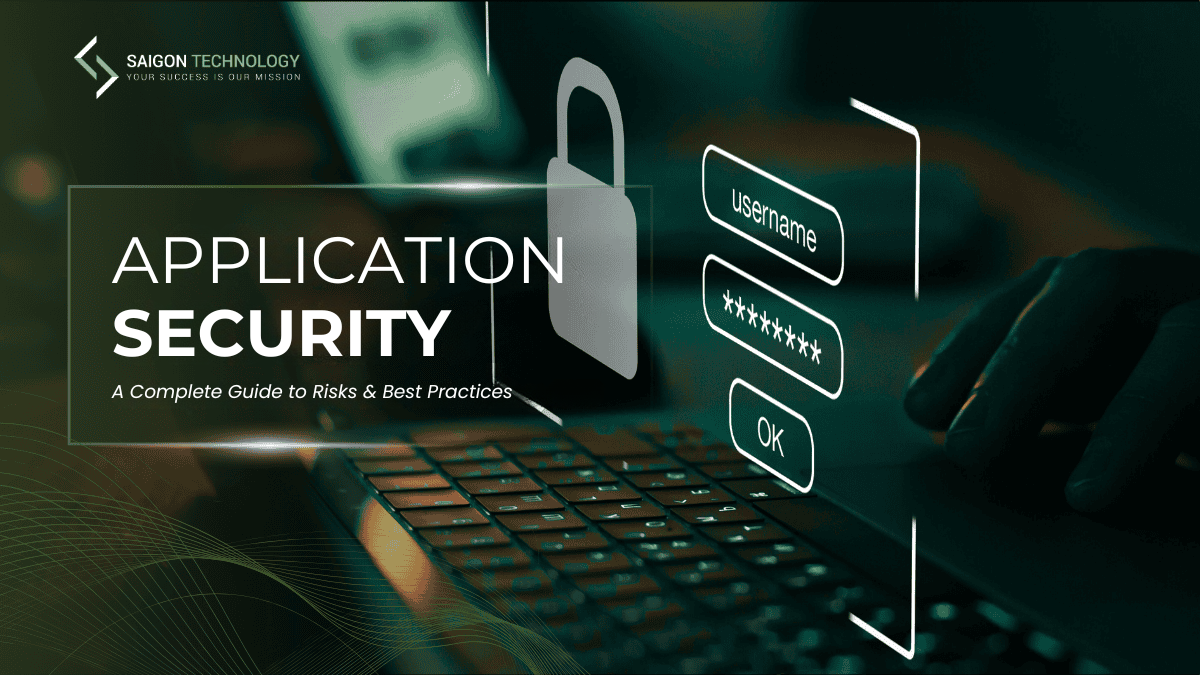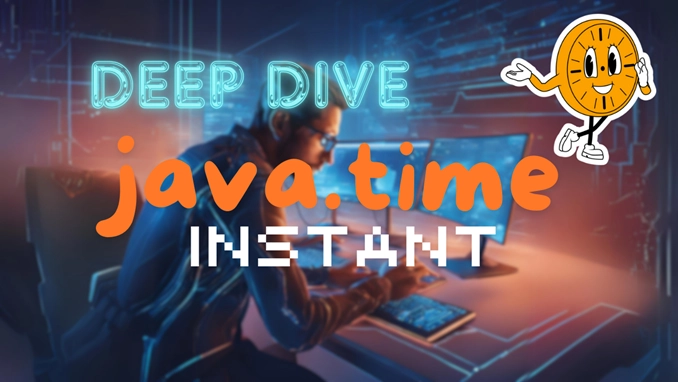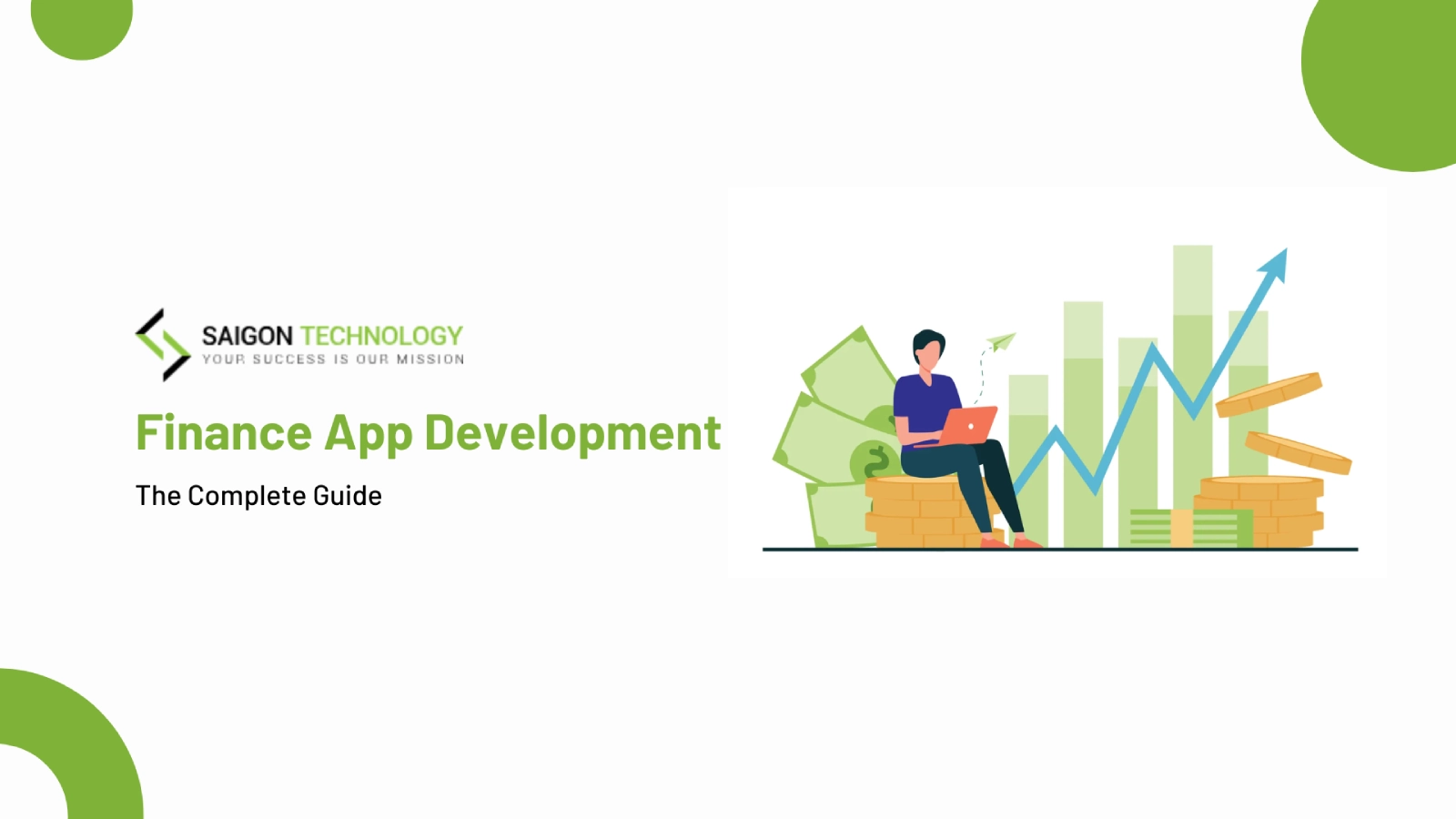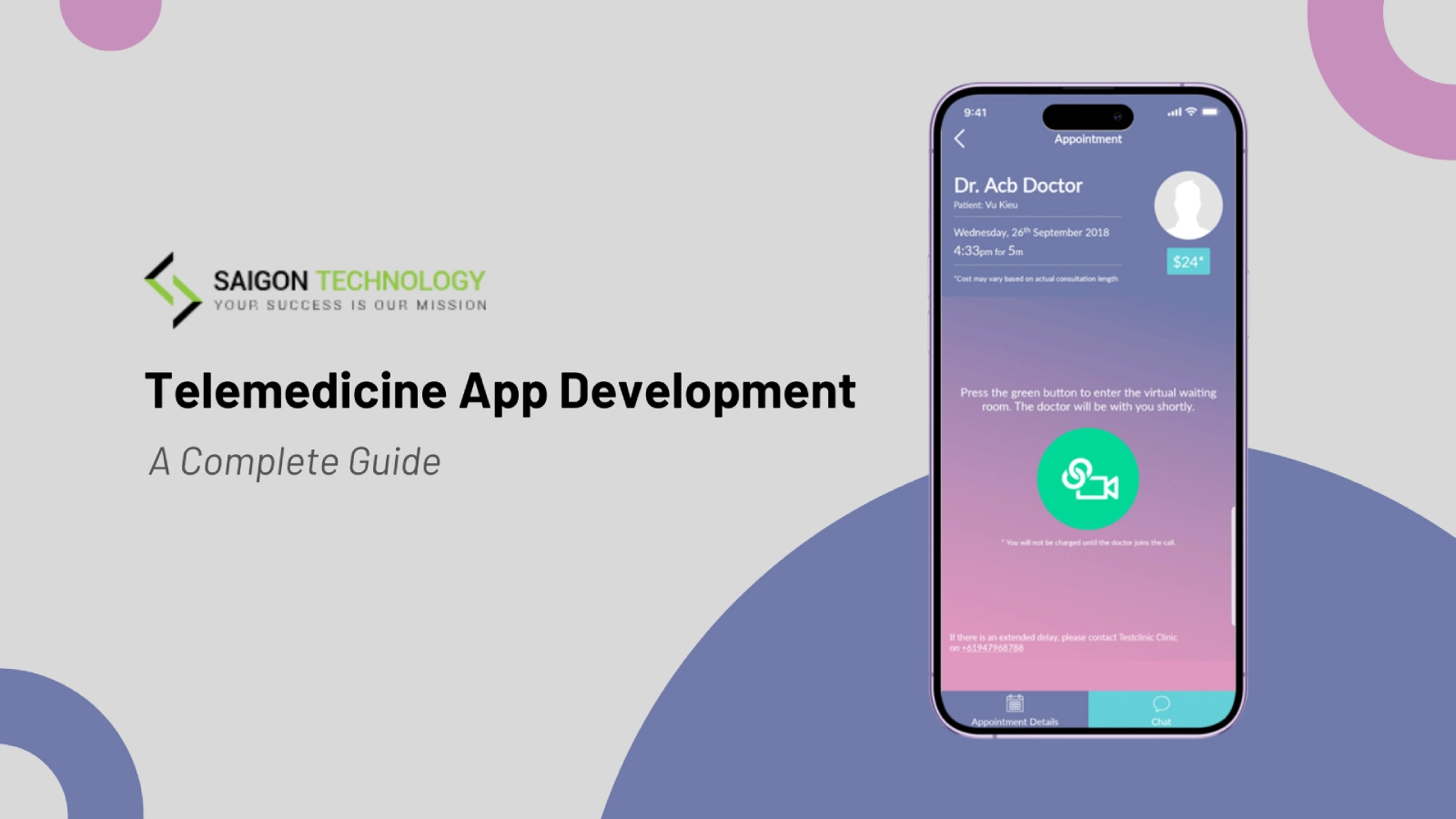Developers are finding themselves in a fast-paced digital world where web application development companies need to keep up with the latest web 3.0 technologies. As web application development services are increasingly being powered by decentralized applications, hiring developers who possess blockchain expertise is becoming more important than ever before.
It is a more secure, faster, and less expensive web than traditional web applications. For non-blockchain developers who have not yet made the leap to Web 3.0, there are some important things to consider when making this transition.
What is Web 3.0?
Web 3.0 is the third-generation web that is characterized by blockchain technology and decentralized applications (DApps). Data can be securely stored without a central authority, transactions are verified via smart contracts, and users have control over their own personal data.
Ways Non-Blockchain Developers Can Leap To Web 3.0
Solving Blockchain Storage Problems
One of the biggest challenges is blockchain storage. Non-blockchain developers need to become familiar with storing and managing data on a decentralized platform, which can be daunting for those who are not used to working with distributed ledger technology (DLT).
Hiring development services can also be a great way to get your project off the ground quickly. This is because they will have experienced developers who can help create web-based applications powered by blockchain technology. You can ensure that your project is built with the highest quality standards and that it’s ready for launch as soon as possible.
Blockchain Interoperability
Interoperability is also a major challenge, as it involves making applications that can communicate with each other across different blockchain networks. Non-blockchain developers will need to understand how decentralized applications (DApps) interact across blockchain networks to take advantage of technology and create applications that can interact with each other.
By hiring the services, you’ll be able to create applications that are compatible with multiple blockchain networks. This will make products more powerful and useful to users.
Interoperability and Inclusivity
Developers must strive for interoperability and inclusivity. This means that it need to be able to interact with other applications on different blockchains, as well as be accessible to users from all backgrounds. The companies can help non-blockchain developers create products that are interoperable and inclusive.
Building An ‘Internet of Blockchains’
Developers build an ‘Internet of Blockchains’, where applications on different blockchains can communicate with each other. This will allow developers to create powerful products that are able to interact and transact across multiple blockchain networks.
What Skills Do Non-Blockchain Developers Need to Learn?
Non-blockchain developers who are looking to transition from web 2.0 to web 3.0 will need to acquire certain skills in order to be successful in this field. The following skills are essential:
- Proficiency in a blockchain platform such as Ethereum, Hyperledger Fabric, or NEO
- Knowledge of frameworks such as Node.js and React
- Understanding of security protocols
- Expertise in software engineering principles
- Familiarity with tools such as Webpack and Babel
Where Can Non-Blockchain Developers Find Help?
Non-blockchain developers can find help from web application development companies. There are many development services that specialize in web 3.0 technologies, such as blockchain technology and decentralized applications (DApps). It is also possible to hire developers who have the necessary skills to assist with the projects.
By taking the time to learn technologies and enlisting help, non-blockchain developers can make a successful transition. This will help them stay competitive in an increasingly digital world and ensure the product is built with the latest technologies.
Why is it important?
Because it provides developers with the opportunity to create applications that are secure, fast, and cost-effective. Developers can focus on creating products that are of higher quality and have greater utility. Moreover, it also allows businesses to reduce operational costs as applications become more secure and transactions are validated in less time.
What is the difference between Web 3.0 and blockchain?
Web 3.0 and blockchain are closely related, but they are not the same thing. Blockchain is a distributed ledger technology that powers web 3.0 applications. It can provide a secure, immutable environment for web-based transactions and data storage. Web 3.0 is the web of choice for web application development, where developers use blockchain to power the products.
How to become a Web 3.0 developer?
There are a few key steps that need to be taken. First and foremost, it’s important to learn how web 3.0 technology works and how distributed ledger technologies, like blockchain.
Non-blockchain developers will also need to understand web 3.0 development frameworks, such as Ethereum and Hyperledger Fabric, in order to develop applications. Additionally, development services should be explored to see if there are web 3.0-specific web development companies that can provide support.
Conclusion
Web 3.0 is the web of the future, and non-blockchain developers who want to stay on top of web application development must understand how this technology works and develop their skills in order to make the transition. By learning new technologies, understanding frameworks, and exploring services, non-blockchain developers can make the leap to web 3.0.
Web 3.0 is an exciting new web for companies. As a result, non-blockchain developers should take advantage of its many benefits and make the transition as soon as possible.

